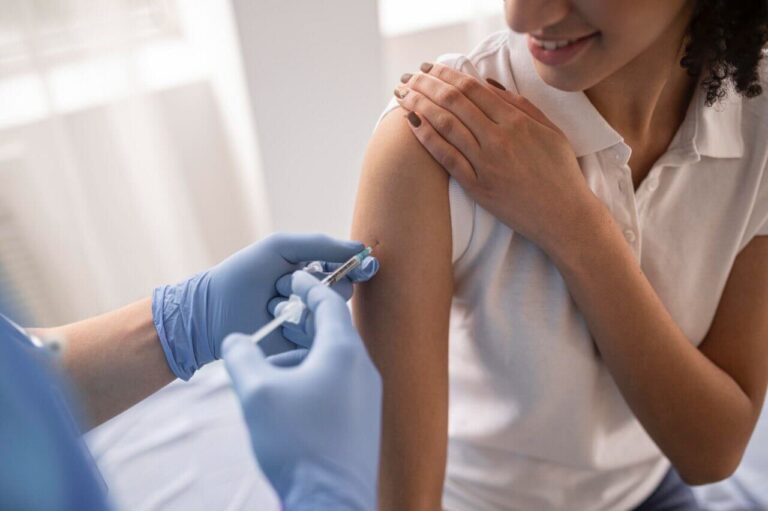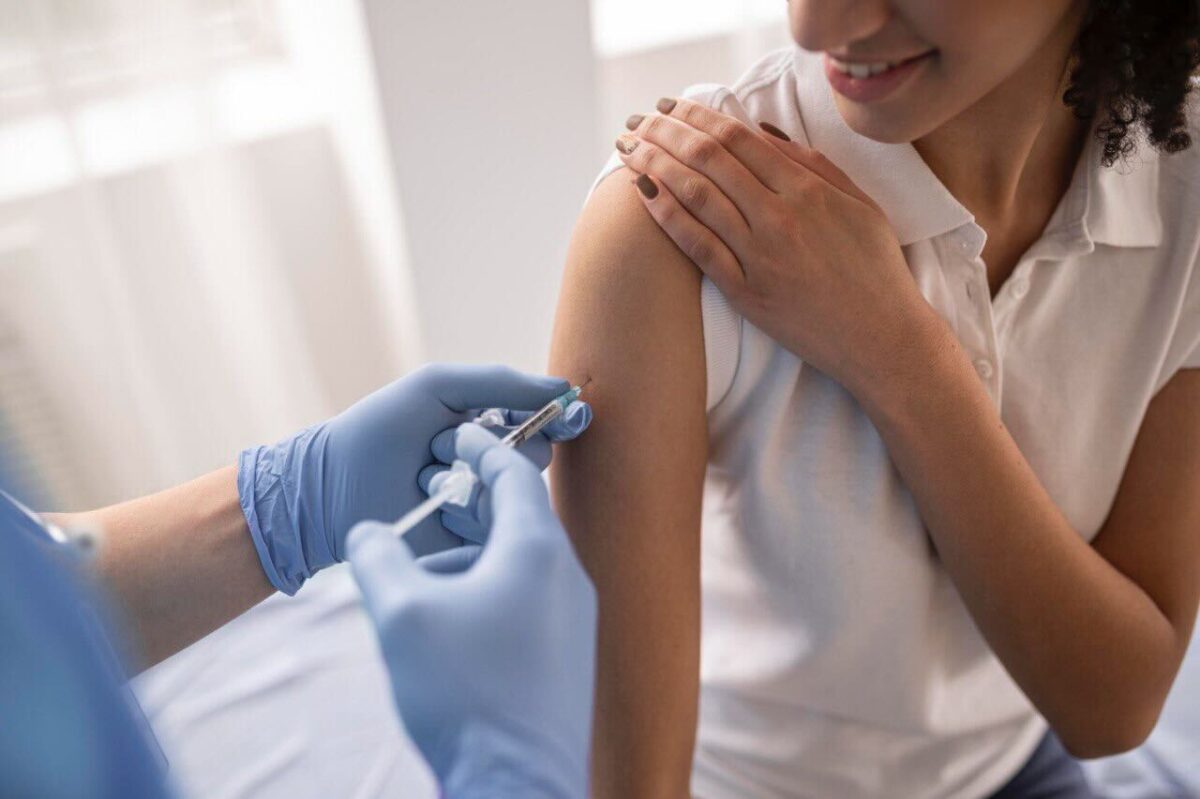
Approximately 6,000-8,000 Thai women are infected and die from cervical cancer per year. With a death rate of 8-10 people in a day, cervical cancer is the second most common disease in Thai women after breast cancer. It takes an average of 5-10 years for this virus to transform cervical cells into cervical cancer. For a woman who has been sexually active, the risk of HPV infection is up to 80%. Cervical cancer can be prevented through cervical cancer screening every year and vaccinated against HPV virus.
Cervical Cancer
Most cervical cancer is found in women between the age of 30 and 55. It is caused by infection with HPV or Human Papilloma Virus, which can be transmitted sexually. It is the leading cause of epithelial infections that cause cervical cancer. It can also cause other types of cancer, such as vaginal cancer, vulvar cancer including genital warts. There are more than 40 strains of HPV that cause cervical cancer but the two most common strains for cervical cancer are strains 16 and 18.
However, most people with HPV show no symptoms at first. The symptoms of the disease can occur years after exposure and can be transmitted to other people. Cervical cancer patients have a variety of symptoms such as vaginal bleeding, fatigue, pelvic, back pain, menstruation that lasts longer or longer than usual, blood in the urine, loss of appetite and weight loss, etc.
- Primary Prevention means prevention before infection. This usually means promoting health as long as possible, such as vaccination against the main cancer-causing strain of HPV, using condom. Be careful not to come into contact with the infection and keep regular infection screening
- Secondary Prevention refers to cervical cancer screening once a year to detect infection before it spreads to cancer or the pre-emergent phase (pre-invasive) using a Pap smear test. It is a screening test for cervical cancer by using a tool inserted through the birth path and smearing cells from the uterus to detect abnormal cells or altered cells that can cause cancer. For women aged 35-55, including all women who have been sexually active, should be screened annually.
- Tertiary Prevention is the treatment of patients with cervical cancer to recover from the disease. The treatment will depend on the individual, such as surgery, chemotherapy or the use of radiation therapy, etc.
Vaccine Against Infection HPV
Currently, there are three types of HPV vaccines available in Thailand, types 2, 4 and 9. There are two strains that are the most common risk factors for cervical cancer, which are strains 16 and 18. Vaccines that protect against these two strains can prevent up to 70%-90% of cervical cancer.
All three vaccines are indicated for the prevention of HPV-related diseases in both women and men. Vaccines generally cover cervical cancer prevention, vaginal cancer, vulvar cancer, penis cancer and rectal cancer.
Who should get HPV vaccines?
Vaccination against cervical cancer can be administered to both women and men. It is recommended to be vaccinated in women aged 9-45 years and men should be vaccinated between 9-26 years old. However, if one get vaccinated before having sex for the first time and the body is at an age that is well immunized, it will get the most efficacy from the vaccine. Those who are sexually active can also have injections.
A total of 3 vaccinations are required within 6 months. The ability to prevent infection will occur within 1 month after 3 doses of vaccination, if you would like to get the HPV vaccine or get advice from a medical professionals, Primocare Medical Clinic is ready to take care of your health in its entirety. You can inquire or make an appointment in advance here.


